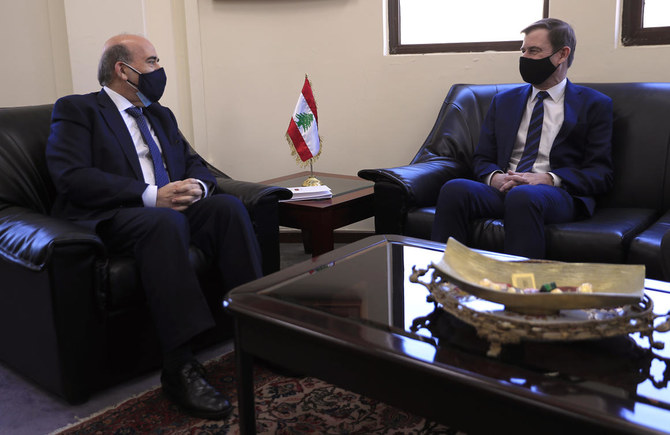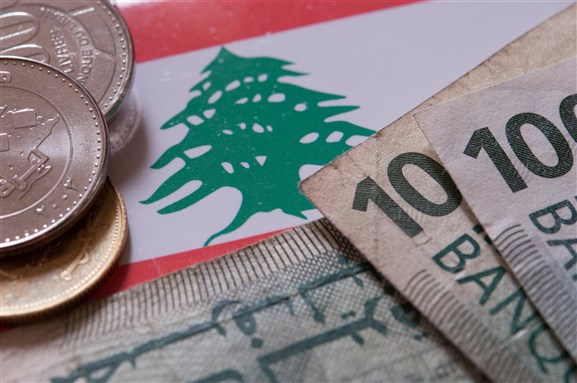
BEIRUT (AP) — A senior U.S. official warned Thursday that Lebanese politicians who continue to block reforms in the crisis-hit country could face punitive actions by Washington and its allies. U.S. undersecretary of state for political affairs David Hale did not provide details on the nature of the potential actions. But appeared to refer to reports that the United States and its allies may impose sanctions on Lebanese politicians in order to force them to end a monthslong political deadlock and start badly needed reforms to fight corruption.
by NAJIA HOUSSARI — arabnews.com — BEIRUT: A leading US diplomat has urged Lebanese officials to “show sufficient flexibility to form a new government capable of true and fundamental reform.” Visiting US Under Secretary of State for Political Affairs David Hale on Wednesday said that the urgently needed step offers “the only path out of this crisis.” But he added: “It is also only a first step. Sustained cooperation will be needed if we are going to see transparent reforms implemented.” Hale is on a two-day visit to Beirut at the request of US Secretary of State Antony Blinken to discuss Lebanon’s economic and political crisis. On the first day of his visit, Hale said: “The US and its international partners are greatly concerned with the failure here to advance the critical reform agenda long demanded by the Lebanese people.”
The diplomat and foreign specialist had previously visited Lebanon in December 2019 and August 2020. He said that “only little progress has been made regarding the long-overdue financial, economic and governance reforms, while millions of Lebanese endure mounting economic and social hardships on top of the pandemic. “This is the culmination of decades of mismanagement, corruption and failure of the Lebanese leaders to put the national interests as a priority.” Hale said: “The US and the international community are ready to help, but nothing meaningful can be done without a Lebanese partner.” Hale met Parliamentary Speaker Nabih Berri, Prime Minister-designate Saad Hariri, Progressive Socialist Party head Walid Jumblat and caretaker Foreign Minister Charbel Wehbe. He has also scheduled meetings with Lebanese opposition leaders. In a statement issued by the US Department of State, Hale expressed US concerns over the “deteriorating social and economic situation, and the political impasse that has contributed to this deterioration.” After the meeting, Wehbe said that Hale had outlined the new US administration’s approach to Middle East and Lebanese issues that “is closer to our vision.”





